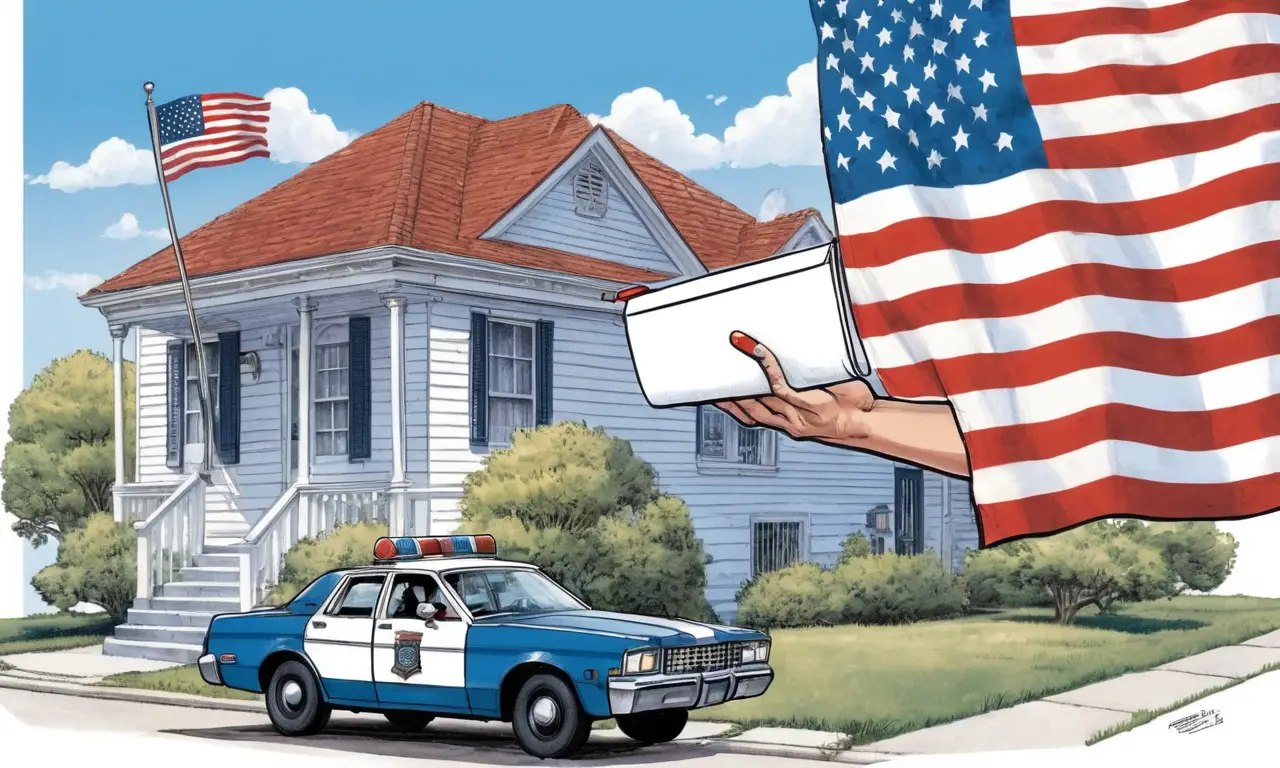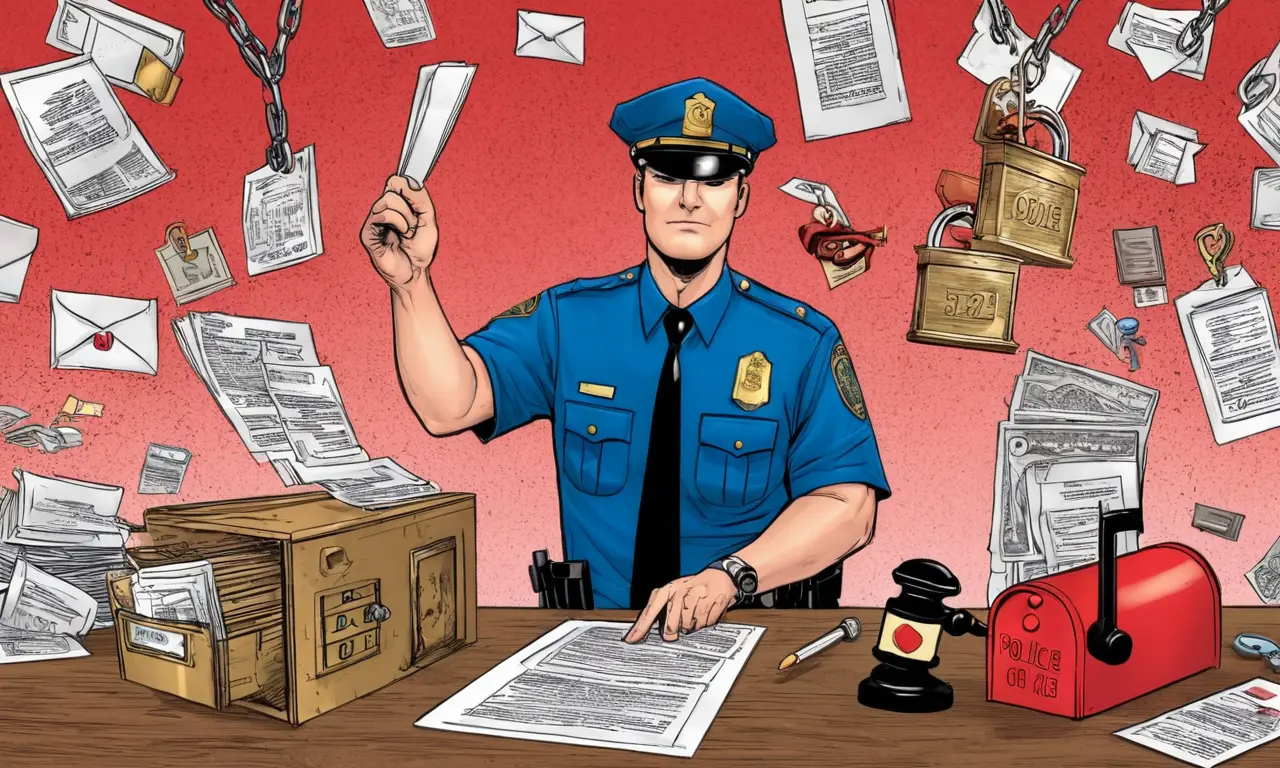Your mailbox is a symbol of privacy, a place where personal correspondence and important documents are exchanged. But what happens when law enforcement wants to access your mail? It’s natural to wonder: can police open your mail? The answer isn’t always straightforward. While the Fourth Amendment protects our right to privacy, there are exceptions that allow for limited government intrusion. Understanding these nuances is crucial to safeguarding your rights.
This article will delve into the legal framework surrounding mail access by law enforcement. We’ll explore the fundamental principles of mail privacy, the role of the Fourth Amendment, and the specific circumstances under which police are allowed to open your mail. By shedding light on these complexities, we aim to empower you with knowledge about your rights and how to protect them.
Police and Mail Privacy Rights
The right to privacy extends to our personal correspondence. Mail is considered a private communication channel, and individuals have a reasonable expectation that their letters, packages, and other mail will remain confidential. This expectation of privacy is enshrined in legal precedent and recognized as a fundamental aspect of individual liberty.
Historically, the postal system has been viewed as a sanctuary for private communication, free from unwarranted government intrusion. This principle has evolved into a codified right under the U.S. Constitution, specifically within the realm of Fourth Amendment protections.
Fourth Amendment Protection

The Fourth Amendment to the U.S. Constitution safeguards individuals against unreasonable searches and seizures. This amendment explicitly states that “the right of the people to be secure in their persons, houses, papers, and effects, against unreasonable searches and seizures, shall not be violated.” This broad language encompasses a wide range of personal belongings, including mail.
The Fourth Amendment’s protection extends to both physical mail and electronic communications. It recognizes that individuals have a reasonable expectation of privacy in their correspondence, regardless of the medium through which it is transmitted. This principle underscores the importance of safeguarding personal communication from government intrusion without proper legal justification.
Warrant Requirements
Generally, can police search your mail? The answer is typically no. Law enforcement agencies require a warrant to open and inspect your mail. A warrant must be issued by a judge based on probable cause, meaning there must be sufficient evidence to believe that the mail contains evidence of a crime or other legally justifiable reason for inspection.
The warrant application process involves presenting evidence to a judge who then determines whether probable cause exists to justify the search. This judicial oversight ensures that law enforcement agencies do not arbitrarily access personal correspondence without proper legal grounds.
Exceptions to Warrant Requirement
While warrants are generally required, there are limited exceptions to this rule. These exceptions typically involve situations where immediate action is necessary to prevent harm or preserve evidence. For example, if police believe a letter contains an imminent threat of violence, they may be able to open it without a warrant based on exigent circumstances.
However, these exceptions are narrowly construed and require careful consideration by law enforcement officials. They should only be invoked in truly exceptional circumstances where there is a clear and present danger or risk of evidence being destroyed.
Exceptions to Mail Opening

While the Fourth Amendment generally protects mail from unwarranted searches, there are some limited exceptions to this rule. These exceptions typically involve situations where there is a compelling need for law enforcement to access mail content.
Probable Cause
One exception involves “probable cause.” If police have probable cause to believe that your mail contains evidence of a crime, they may be able to obtain a warrant to open it. Probable cause requires more than mere suspicion; it demands a reasonable belief based on specific facts and circumstances.
For example, if police are investigating a drug trafficking operation and receive an anonymous tip that a suspect is sending drugs through the mail, this could constitute probable cause for a warrant to search the suspect’s mail.
Conclusion
The right to privacy in your mail is a fundamental aspect of individual liberty protected by the Fourth Amendment. While there are limited exceptions, can police open your mail? Generally, no. Law enforcement agencies require a warrant based on probable cause to access your personal correspondence. Understanding these legal principles empowers you to protect your rights and ensure that your privacy is respected.



